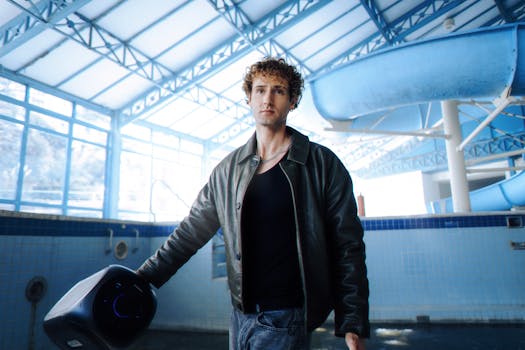Exploring Artificial Intelligence: Transforming Our World
Imagine a world where machines understand you, help doctors save lives faster, and even reduce our planet’s carbon footprint. This isn’t just science fiction—it’s the reality of artificial intelligence (AI). AI is transforming industries and reshaping our daily lives in ways that were once unimaginable. Whether it’s through smart assistants on your phone or advanced algorithms diagnosing diseases, AI is everywhere. But how does it work? What are its applications, and what ethical questions does it raise?
By 2030, artificial intelligence could contribute up to $15.7 trillion to the global economy, a report by PwC
Exploring Artificial Intelligence: A World of Possibilities
Have you ever wondered how artificial intelligence (AI) is changing our world? Imagine a future where machines can think, learn, and even make decisions like humans do. This isn’t just science fiction—it’s happening right now! AI has the power to transform industries and enhance our daily lives in ways we could only dream of before. Let’s dive into the exciting realm of AI applications, development, ethics, and innovations.
AI Applications: Transforming Industries
The potential of artificial intelligence is vast, with its impact already being felt across various sectors. a report by PwC in 2021, AI could contribute up to $15.7 trillion to the global economy by 2030. This staggering figure underscores AI’s transformative power through increased efficiency and productivity. Sectors like healthcare, transportation, and financial services are set to benefit immensely from AI
AI Development
Understanding how artificial intelligence (AI) develops is like learning about building blocks that come together to create something amazing. You might wonder, “How does AI get smarter?” The answer lies in its development process, which involves several key steps and technologies.
The journey begins with data collection. Just as you gather information for a school project, AI needs lots of data to learn from. This data can include anything from pictures and videos to numbers and text. Next, machine learning algorithms come into play. These are special programs that help AI recognize patterns in the data, much like how you might notice your favorite song playing on the radio.
Once AI has learned from its training data, it moves on to testing. This is where developers check if the AI can perform tasks accurately and efficiently. Think of this as a practice test before the big exam. If the AI doesn’t pass, developers tweak the algorithms, improving its skills
AI’s Role in Climate Change
The fight against climate change has found an unexpected ally in artificial intelligence (AI). DeepMind Technologies, which is part of Alphabet Inc., has made impressive strides in using AI to address environmental challenges. By collaborating with Google, they developed a groundbreaking AI system that significantly cuts down energy consumption at data centers.
Data centers are enormous facilities filled with computer systems and storage devices. They require lots of electricity not just for running the computers but also for keeping them cool. This cooling process can use up to 40% of their total energy. However, DeepMind’s AI system has changed this game by slashing the energy used for cooling Google’s data centers by a whopping 40%. Imagine taking thousands of cars off the road each year in terms of carbon emissions saved!
This achievement is not just about reducing costs or increasing efficiency; it’s about making real progress in our global effort to combat climate change. With AI
Shaping the Future: Your Role in an AI-Driven World
You’ve seen how artificial intelligence is revolutionizing industries and improving lives around the globe. From reducing healthcare costs to enhancing diagnostic accuracy, AI’s contributions are undeniable. But what does this mean for you? You’re not just a bystander; you have an active role in shaping how AI evolves.
As we approach 2030, it’s clear that AI will be at the heart of economic growth and innovation across multiple sectors. With AI expected to create new roles even as some jobs are displaced, your involvement in learning about and engaging with AI technologies is more important than ever.
